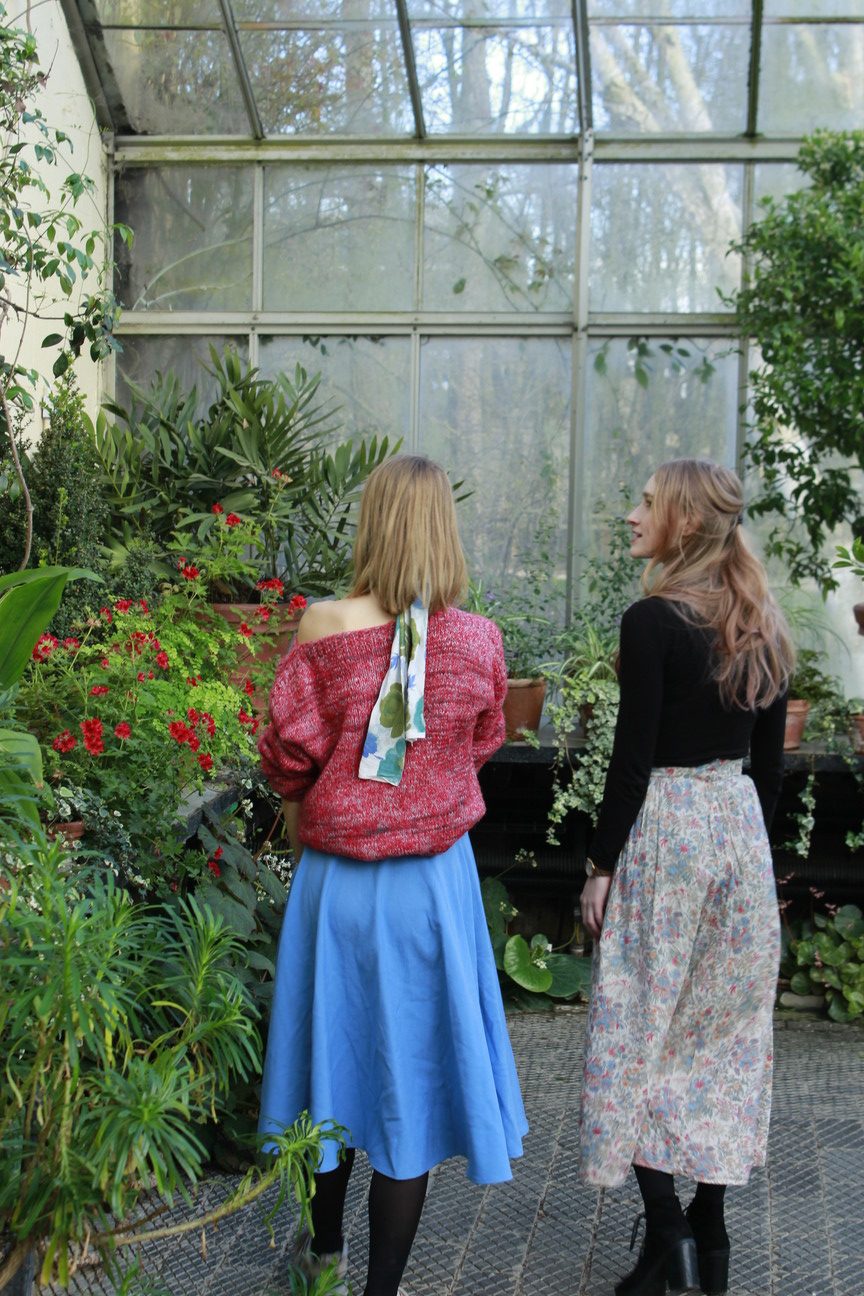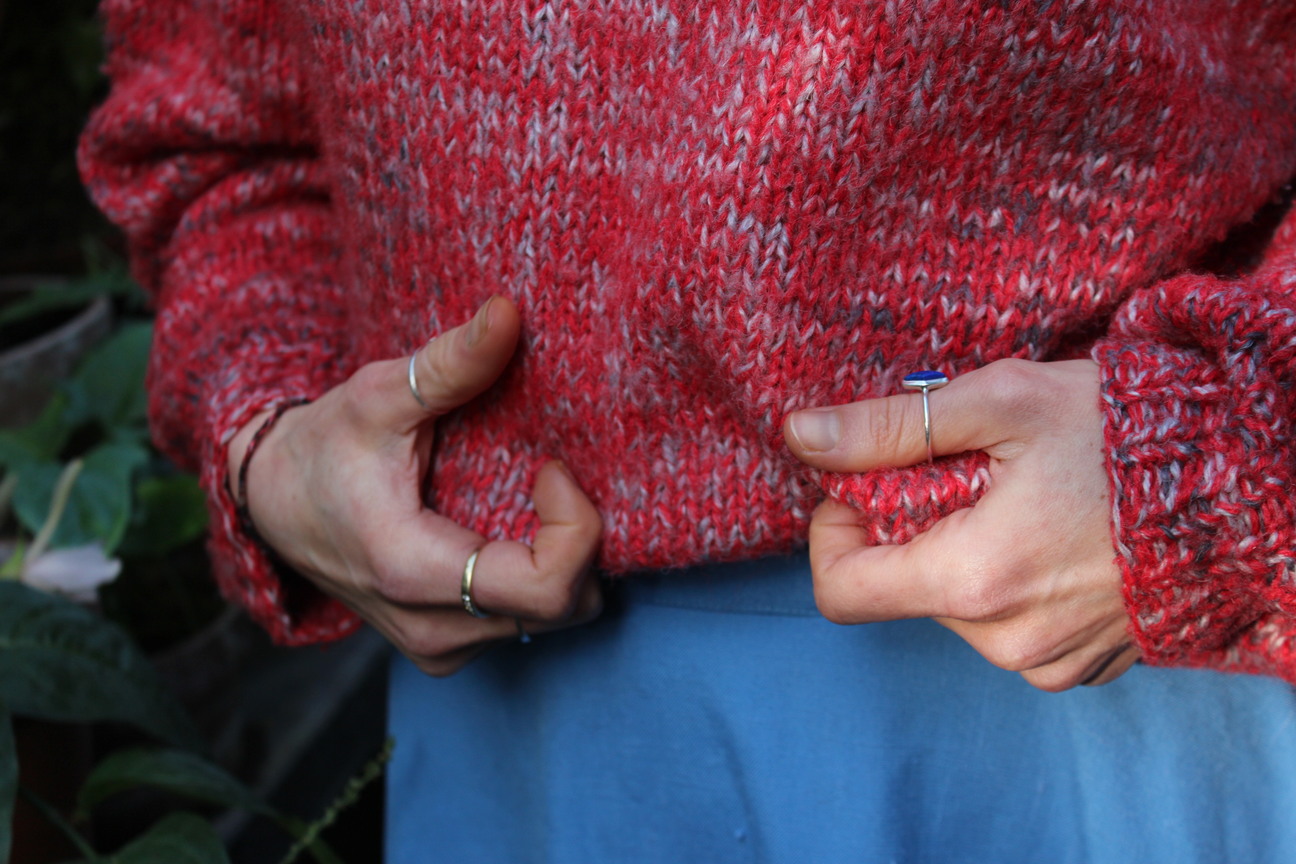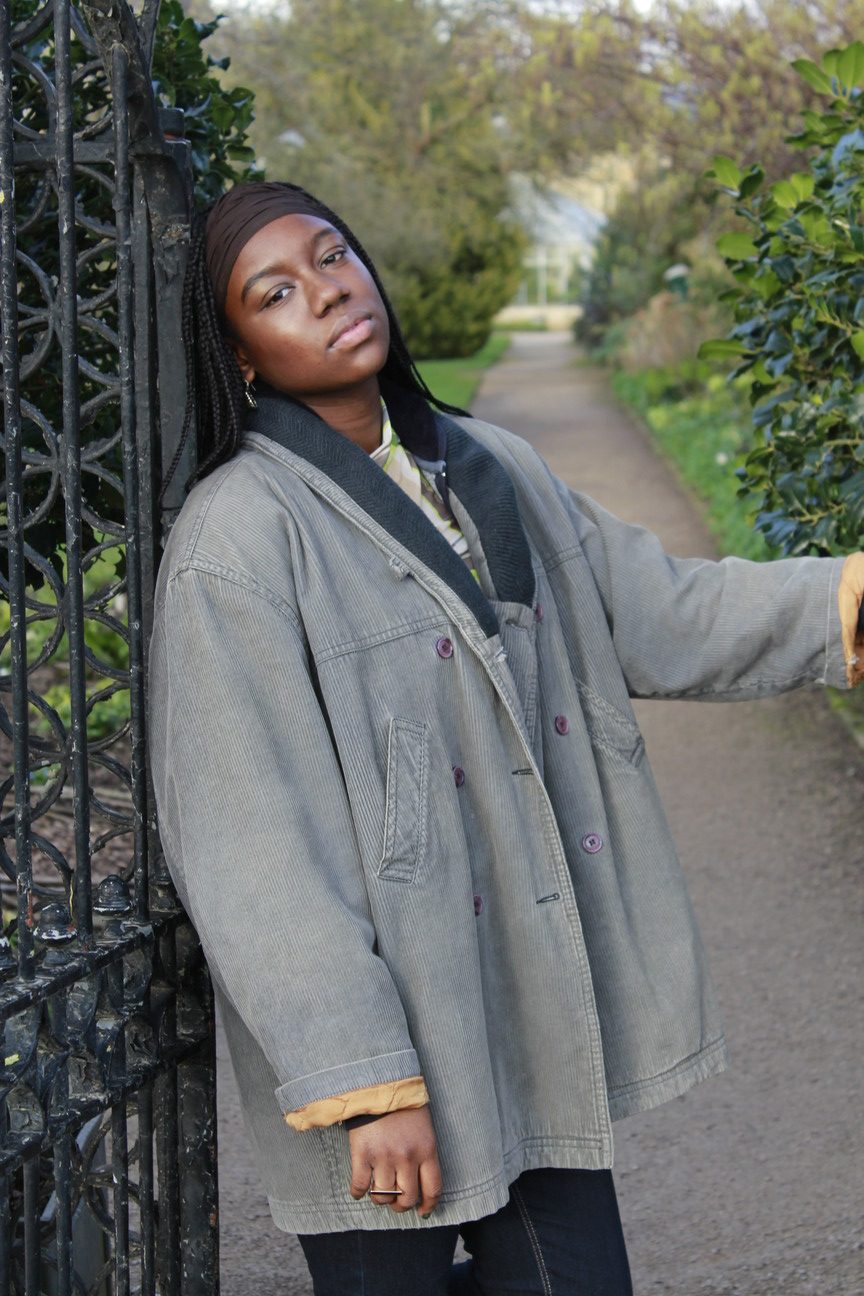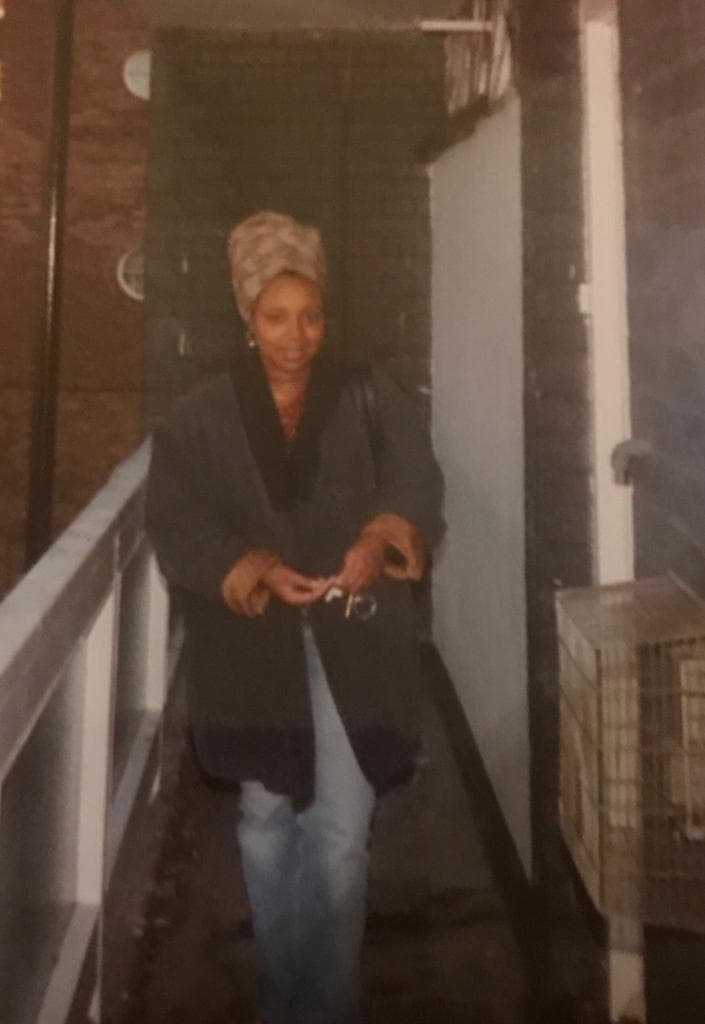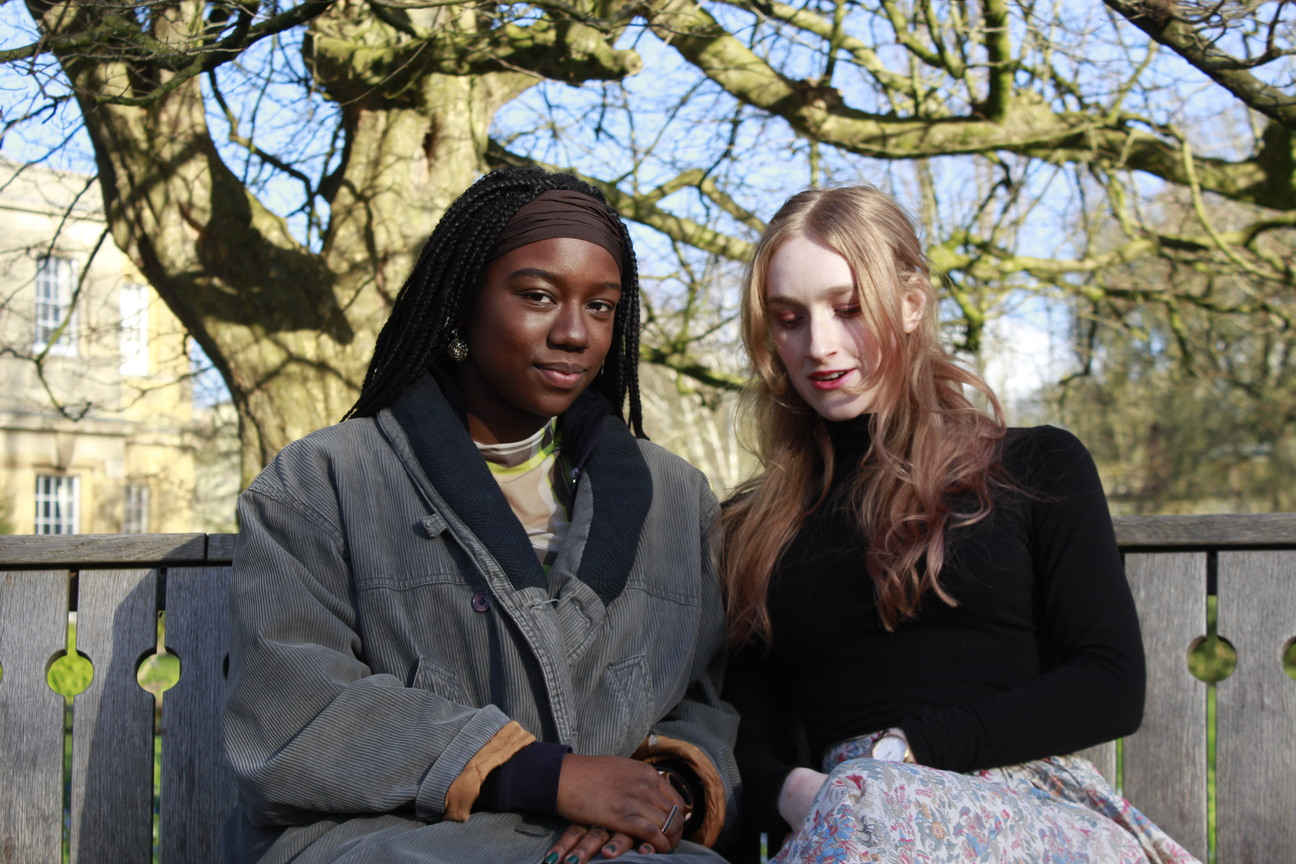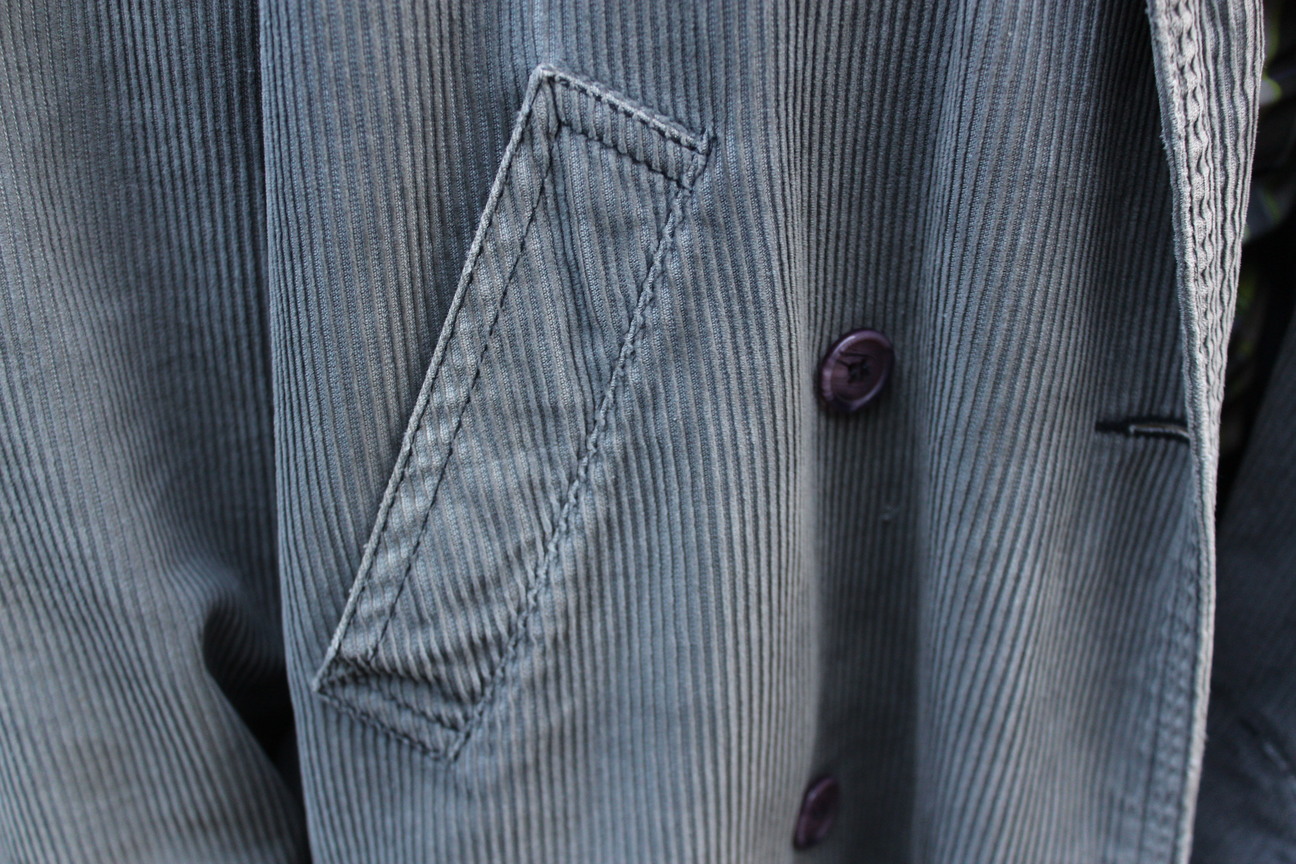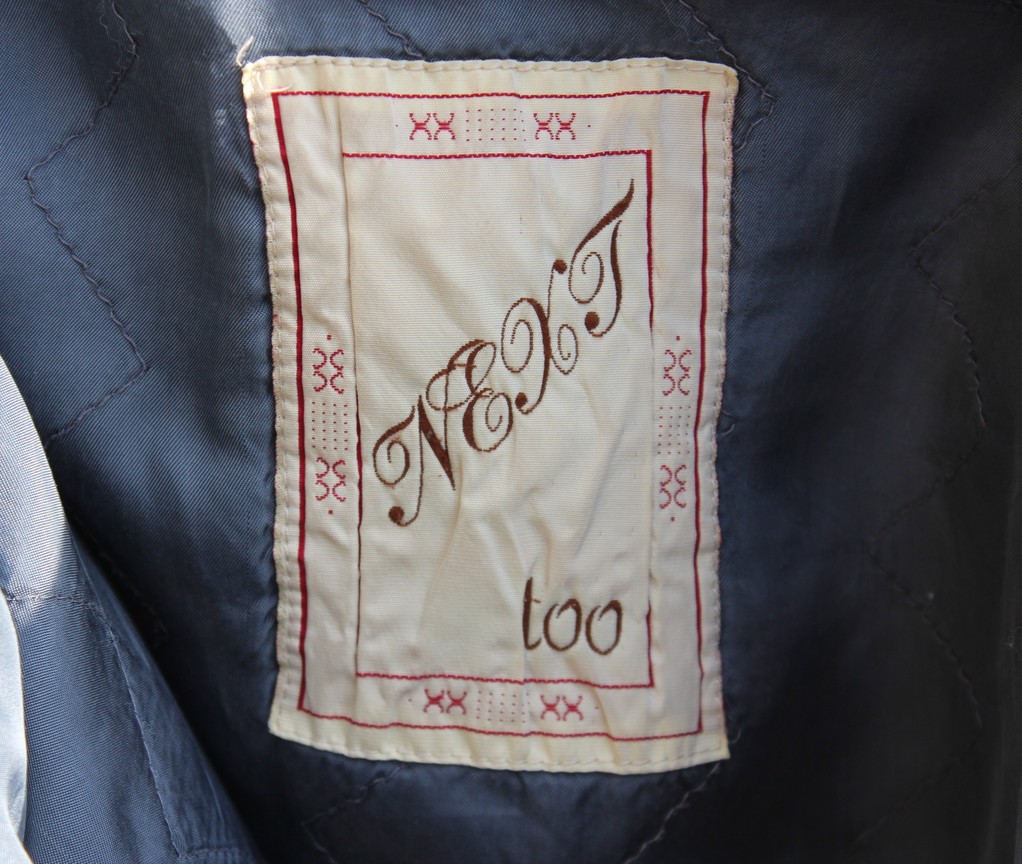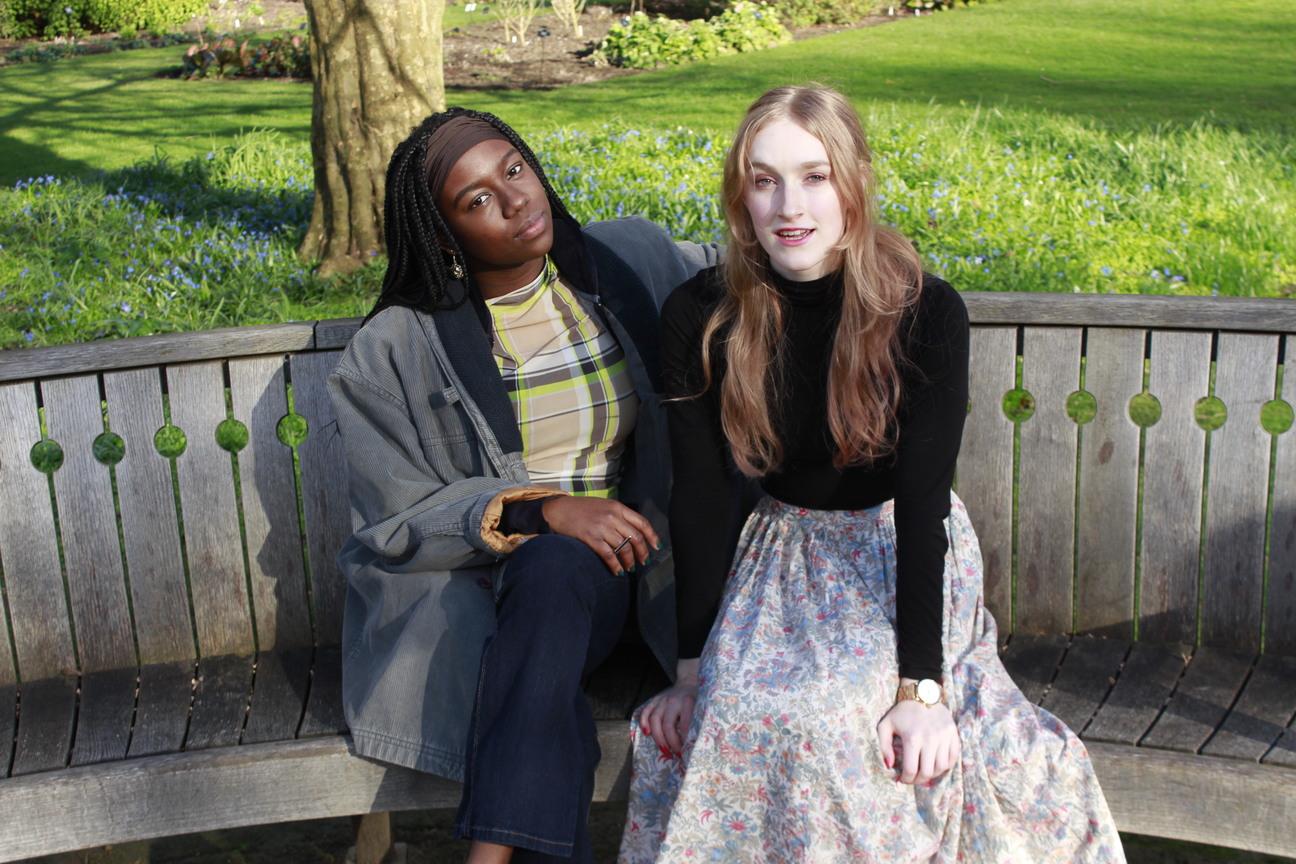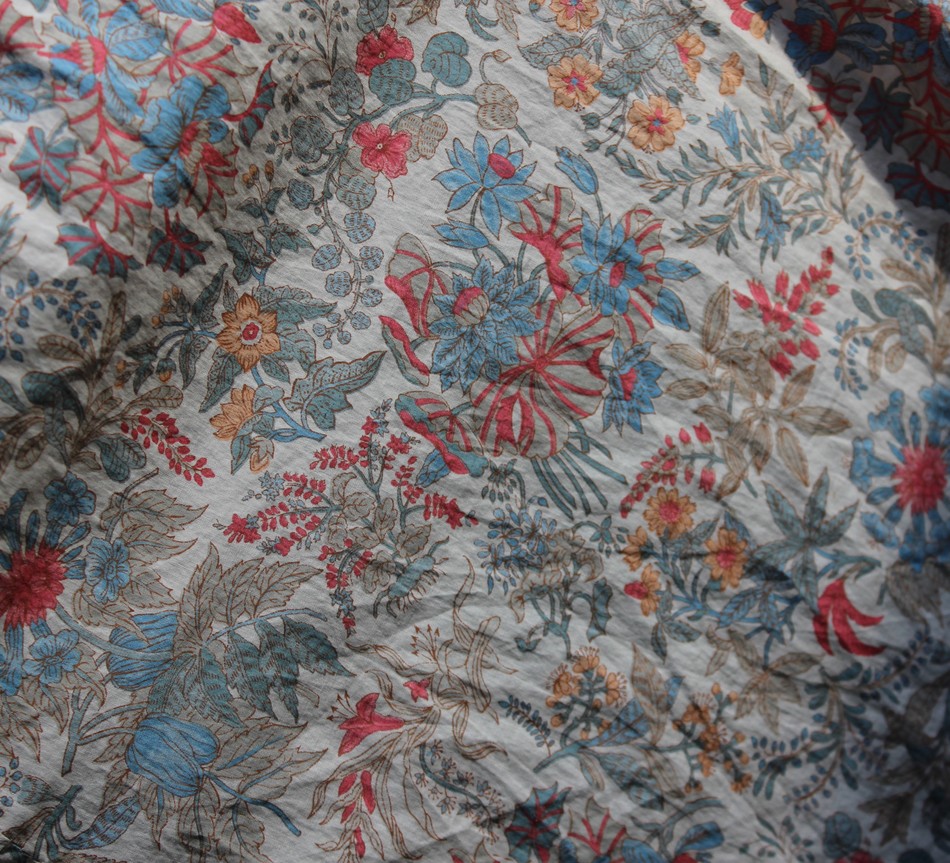Playwright Tom Stoppard said, “I still believe that if your aim is to change the world, journalism is a more immediate short-term weapon.” The BBC’s Panorama programme is committed to using journalism not just to report world events, but to achieve longer-term objectives – seeking to encourage debate and influence important conversations.
Although I met Panorama journalist Richard Bilton when he gave a talk at my school in York a couple of years ago, when I recently interviewed him by telephone it was possible to go into detail about his personal journey and experiences of journalism, his varied investigations and the future of the industry in our changing world.
As a teenager, he wrote for the Yorkshire Post in its section dedicated to young people and after studying Communications at Birmingham University, he started out in local radio, then became a special correspondent for BBC news, reporting on the 9/11 terrorist attacks and wars in Iraq, Lebanon and Sri Lanka. In 2007, he moved into investigative journalism on the BBC’s Panorama programme.
For Richard, the desire to be a professional journalist was “all about storytelling” and telling that story in “the most interesting way” possible, whether it was about housing or dictatorships, and ensuring that people feel and understand “why it matters”. Indeed, his Panorama programmes have a clear focus on how ordinary people are affected.
Bilton has worked consistently within the BBC across his career, moving between departments and modes of journalism. I therefore asked about the future of the organisation in a modern world that is increasingly questioning the BBC’s integrity and agenda. The key issues Bilton identifies that will define its success and future survival are diversity and social mobility. The perception of “middle class media” makes him “nervous” as he stresses the importance of ensuring that “people on TV are like the people watching” and that people from different backgrounds are represented. There is no one voice of Britain and seeing onscreen diversity will impact social opinions of viewers and also encourages those who would not necessarily see themselves as conventional candidates to apply for roles within the BBC, and other such organisations. Diversity of staff enables diversity of opinion and allows issues felt by all in society to be examined, thus helping to “justify the licence fee” for the audience. Whilst this is something that he feels has greatly improved over the course of his journalistic career, there is always more to be done, especially with the current uncertainty over the licence fee.
For Richard, one of the key responsibilities of news outlets such as the BBC is covering the big, long term stories that matter. Bilton regards this as a social responsibility. He explained that his ‘pitch test’ is “in fifty years, what will people be saying? What really mattered?” and perhaps most importantly “was there enough on it (in the news)?”. In his in depth investigations, social issues really matter to Bilton; it is the lives of the people watching which drives him. During the course of his time working for BBC News as Special Correspondent he realised that he “always liked getting under the skin of stories”. It was not just the bare facts of what had happened that mattered to him but also “why” it was a story in the first place and “what was driving it”, whether this was war, gang violence or social housing. For Bilton, news would be boring “if it just focused on what happened” and ultimately the lives affected by the stories outlives the story within the news cycle itself.
Having always felt the need to “dig around” the bare facts, his progression into the long form investigative journalism felt like a “natural evolution”. He says that even when he was reporting from war zones, he was not particularly interested in the fighting itself, he found “the real people and the consequences (of the war) more important”. However, he maintains that this format of facts-based accounts of warfare are still important to report, just perhaps not by him anymore. Whilst occasionally missing the speed and thrust of immediate news journalism, Bilton appreciates the time permitted – an average of two months on each episode – allows thorough investigation into more than just the immediate ramifications of the issues that are covered.
Biltonhas investigated everything from corrupt dictatorships to police discipline, austerity to surveillance and social housing to smart motorways, the subject of a recent programme. Bilton believes that smart motorways are a “populist” issue and that it is important to interrogate government policies. This appears to be an example of his “fifty years” pitch test in practice. When I ask which topics he finds himself returning to he replies that it’s “always the basics of the way people live their lives.” Social issues, housing, health or education – these matters are relevant to everyone’s lives whether they are in the headlines or not. It is important to keep reporting them. Whilst his more internationally focused Panoramas are important, Bilton feels that there needs to be a fair distribution of focus on social affairs within the country for “the people living it”. He reveals that the little things people may not consider making a programme about actually get as big an audience, proving “people really care” about the stories away from the immediate headlines.
The stories that Bilton covers are often emotionally hard-hitting, with investigations exposing issues such as the sham marriage business, preventable disease in children and the vulnerability of stalking victims (which helped convict a violent stalker). When he was working within the mainstream news, as well as the aftermath of 9/11 in New York and war zones, he covered child labour in Brazil, people smuggling in Senegal and the disappearance of Madeleine McCann. With such high profile and emotionally demanding stories, I asked him whether he found himself becoming more personally and emotionally involved in his projects and about the personal cost of covering them. He admitted that “he used to be good at separating me from reporting” but feels much “more affected now”, after years of covering stories of pain and suffering “there is only so much horror you can hear”. However, due to the nature of his job he thinks it is “unhealthy to bring stories home” but this is can be a challenge at times.
When reporting on Grenfell, Bilton and the Panorama team filmed a programme which was broadcast within six days of the tragedy. He found this really affected him and “felt guilty for not still digging,” so they investigated further and revealed new evidence about the health and safety failures that resulted in the 72 deaths. His door stepping of Robert Black, the chief executive of the Kensington and Chelsea Tenant Management Organisation (responsible for the management of the tower) and his direct and persistent questioning – “So Grenfell Tower, that was your job to keep people safe, wasn’t it? That was your actual duty. Did you fail in that duty, sir?” – shows his commitment to accountability and truth in the darkest of circumstances. In the making of “Grenfell: Who Is to Blame?” the emotional stakes were even higher due to the investment of trust placed in those who were attempting to establish accountability.
With the average time of a Panorama investigation taking two to three months, with some lasting up to a year, all episodes are tightly researched, and fact-checked. Yet within the current climate in the Post Truth culture, Richard appreciates there is a cloud of distrust cast over even the most concrete of facts. Fake news, whist now seen by many as an outdated and clichéd buzzword, is something that journalists come across on a daily basis, and still prevails after the 2016 election. The main way that Bilton sees this at play is on Twitter. After an episode of Panorama, people both praise and dismiss their investigations. However, despite working on each episode for months, and having self-proclaimed experts dismissing it as “fake news” in minutes, Bilton sees this interaction as “healthier” and is a reasonable “price of everyone having a voice” within a public forum. Some leaders and organisations would rather obscure the truth. Bilton was told that his investigations into Xinjiang camps were based on “pure fabrication.” “Don’t listen to fake news” stated China’s ambassador to the UK, Liu Xiaoming, despite months of research, access to evidence proving otherwise. Yet Bilton believes that the ambassadors refusal to engage with these questions in the press conference shows that ‘fake news’ is “the last thing that you can say” – the last resort – a non-defence defence. It is a desperate act of denial, which shows up the regime more than it embarrasses the journalists trying to expose it.
Moving back to national issues, Bilton believes that high-quality local news is imperative as “local democracy can get lost”. In his investigations Bilton ensures a spread of experience across the country, including his native Yorkshire. In 2016, with the election of Teresa May as Prime Minister, Bilton investigated the impact of six years of austerity measures on his hometown, Selby. With the spending and service cuts, he investigated the effects on individuals. For Bilton, the dispersal of the BBC across the country is an important step forward towards ensuring that everyone feels represented by it; the UK is not just London. He says that they are working “hard to rigorously pursue an agenda of everyone’s views” and to “shine a light to every area”.
Despite the BBC’s recent major expansion into the regions, especially Manchester, I asked about the practicalities of him not living in London as a journalist. He admits that his job would be “easier if I lived in London” as often the “best contacts are in the centre.” However, due to the nature of his job with Panorama, and even as Special Correspondent, as long as he can get to where the filming takes place he maintains that you can live anywhere. He says his work/life balance is “healthier than it’s ever been”. His final message for me before he flew off to edit another Panorama programme in Ireland was that journalism is “a thing that human beings can do, it’s not just a closed off world” the real hope and push for a diverse media. He certainly inspired me to think that if a fellow, born and bred Yorkshireman who still lives in Yorkshire can make a successful career in national journalism then maybe I can have a shot too.
Richard is a caring, passionate and principled professional with a keen interest on social affairs and justice. When I first heard him speak in my school I was struck by how down to earth he was; my interview with him reinforced this and convinced me of his commitment to a forward-looking approach to journalism and the BBC.





